6 Best Labelbox Alternatives in 2025
Apologies! Here's a concise version within 300 characters: In 2025, Labelbox alternatives like Labellerr, Amazon SageMaker Ground Truth, Dataloop, Scale AI, V7 Darwin, and Prodi.gy offer AI-assisted labeling, scalability, and automation.
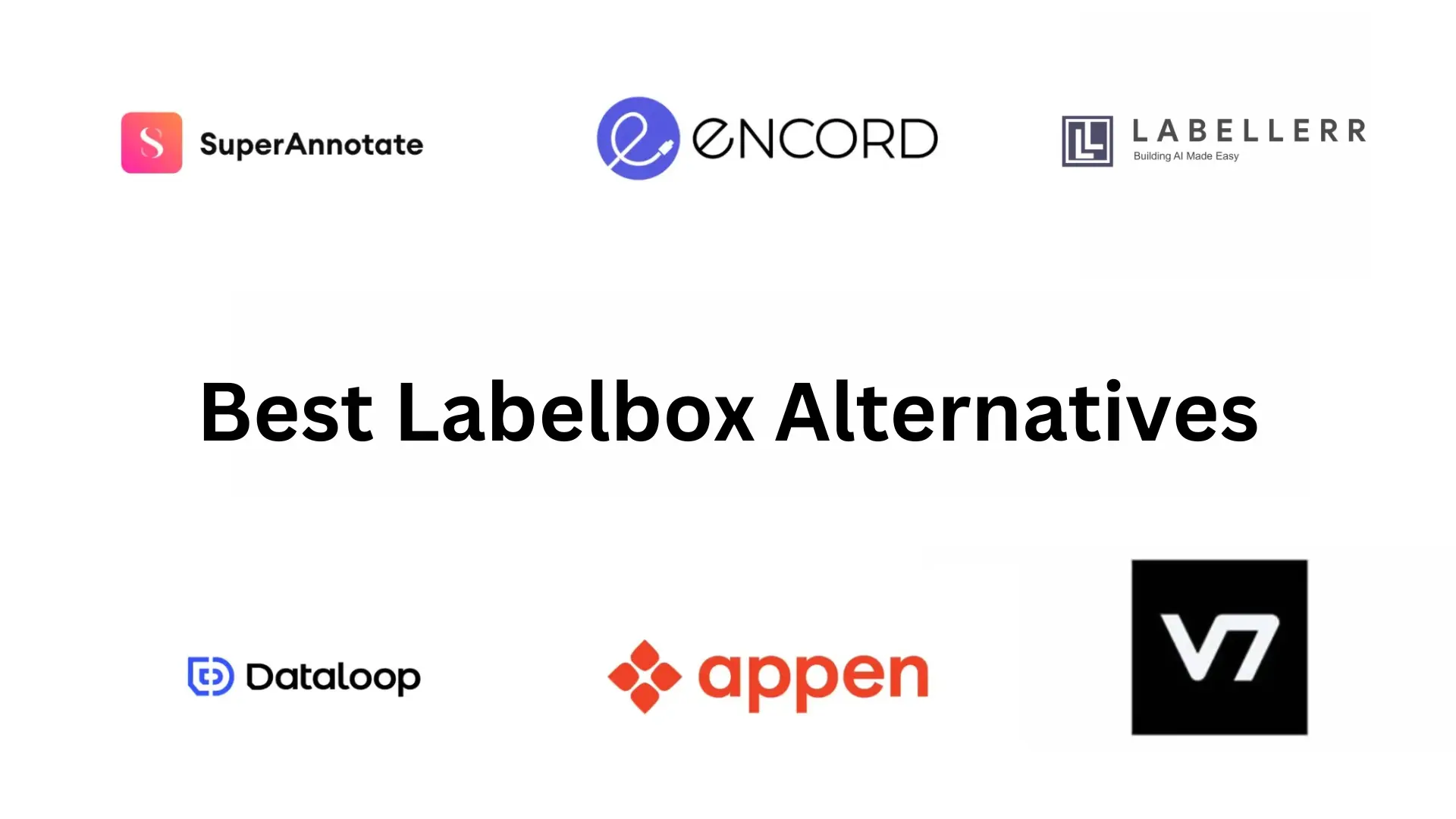
In the fast-changing world of artificial intelligence and machine learning, accurate and efficient data annotation is crucial.
As industries use AI for tasks like recognizing images and understanding language, there's a growing need for methods to label data that are scalable, precise, and straightforward.
LabelBox is a strong platform for this, but in the ever-changing field of machine learning, there are many other options, each with its special features and benefits.
Before exploring LabelBox alternatives, it's crucial to acknowledge the significance of LabelBox in the data annotation field.
LabelBox offers a user-friendly interface, extensive annotation support, scalability, and integration options, making it a popular choice for researchers and businesses.
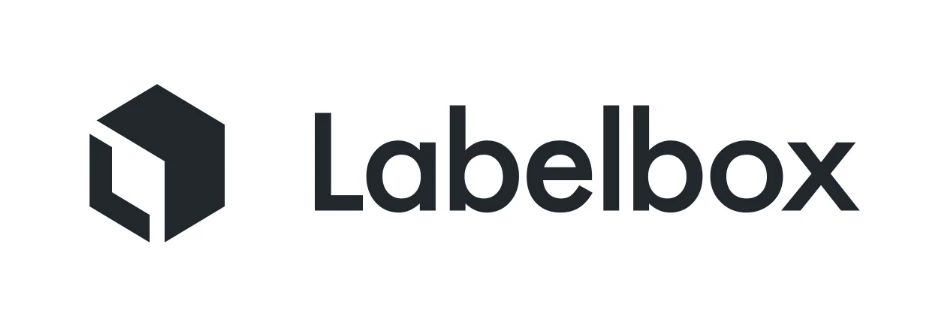
However, like any tool, LabelBox comes with its own set of advantages and disadvantages.
While its user-friendly interface and annotation support are admired, concerns about cost, a learning curve, internet dependency, customization limitations, and data security have been raised.
Due to these considerations, we will investigate alternative options to Labelbox.
We will be looking at other options to find the best fit.
Let's check out Labellerr, Amazon SageMaker Ground Truth, Dataloop, Scale AI, V7 Darwin, and Prodi.gy to see what they offer and which one is good for different needs.
Table of Contents
- Labellerr
- Amazon SageMaker Ground Truth
- DataLoop
- Scale AI
- V7 Darwin
- Prodigy
- Conclusion
- Frequently Asked Questions
1. Labellerr
Labellerr is a comprehensive platform specifically crafted to optimize and boost the productivity of AI teams involved in essential tasks like data labeling and model training.
The platform boasts a robust set of features, including an auto-annotate functionality, which claims an impressive 99x acceleration in the speed of producing top-quality labels.
This rapid annotation capability plays a crucial role in substantially reducing the time needed for data preparation across diverse AI applications, spanning Vision, Natural Language Processing (NLP), and Large Language Models (LLM).

(i) Scalability and Integration
Labellerr:
-> Excels in scalability with a cutting-edge data labeling engine.
-> Seamless integration with major cloud services, including AWS, GCP, and Azure, ensures effortless scalability for diverse datasets.
-> The rapid processing of millions of images and thousands of hours of videos within a few weeks showcases Labellerr's commitment to high-performance scalability.
LabelBox:
-> While scalable, LabelBox may necessitate additional considerations for organizations already integrated into AWS.
-> Labellerr's broader cloud service integration allows for more flexibility and ease of use.
(ii) Automated Labeling
Labellerr:
-> Labellerr's automated annotation engine employs advanced analytics and smart QA, ensuring high-quality labels at an astonishing speed.
-> Various automation techniques contribute to super-fast labeling, including prompt-based labeling, model-assisted labeling, and active learning.
LabelBox:
-> LabelBox offers automated labeling with a user-friendly approach, but Labellerr's emphasis on multiple automation strategies sets it apart.
(iii) Customization and User Interface
Labellerr:
-> Known for a simple yet powerful user interface, Labellerr ensures a smooth user experience.
-> Highly customizable features allow users to tailor the platform to their specific needs and preferences, promoting an intuitive and efficient workflow.
LabelBox:
-> LabelBox is recognized for its customizable interface, but Labellerr's simplicity and user-centric design contribute to a more streamlined experience.
(iv) AI-Assisted Labeling and Quality Management
Labellerr:
-> Specializes in AI-assisted labeling and quality management, providing a pivotal contribution to project success.
-> Advanced algorithms ensure precision in annotation, reducing time to data preparation significantly.
LabelBox:
-> LabelBox provides AI-assisted features with a broader focus, while Labellerr's specialization in this area sets a new standard.
(v) Flexibility
Labellerr:
-> Offers a flexible annotation platform, adapting to specific workflows seamlessly.
-> Supports various data types, including images, videos, PDFs, text, and audio, eliminating the need for multiple tools for diverse project needs.
LabelBox:
-> While known for flexibility, Labellerr's comprehensive support for different data types gives it a competitive edge.
(vi) Collaboration Tools:
Labellerr:
-> Robust collaboration tools ensure effective teamwork, with a particular focus on project management.
-> Labellerr's 24/7 support and fastest response time contribute to a collaborative environment conducive to successful projects.
LabelBox:
-> LabelBox has strong collaboration features, but Labellerr's emphasis on project management tools and round-the-clock support enhances the collaborative experience.
2. Amazon SageMaker Ground Truth
Amazon SageMaker Ground Truth is a service provided by Amazon Web Services (AWS) that helps in the process of labeling and preparing datasets for machine learning.
Ground Truth is designed to make it easier and more efficient to annotate data for training machine learning models.
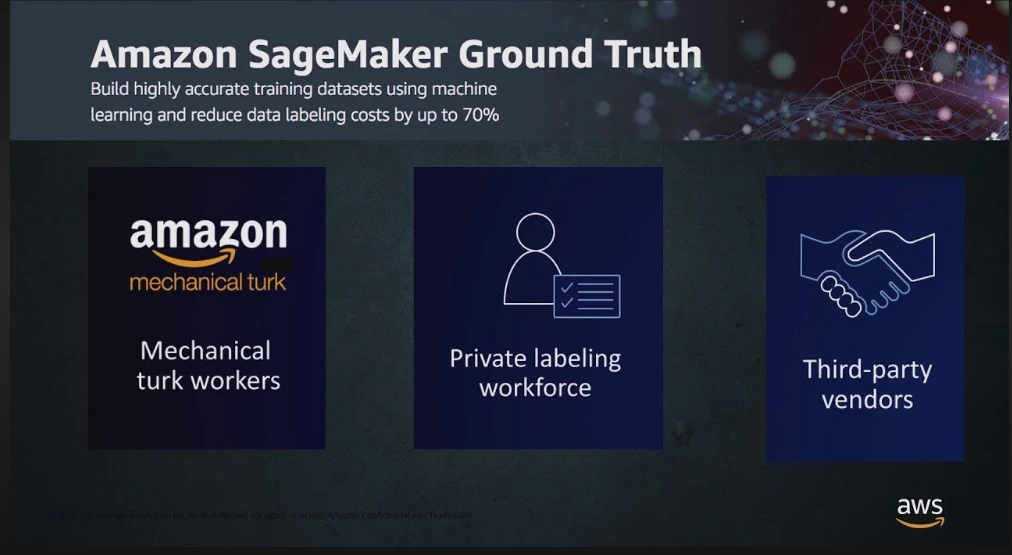
(i) Scalability and Integration
SageMaker Ground Truth: Excels in scalability, because of seamless integration with AWS services, providing a robust infrastructure for handling large datasets.
LabelBox: While scalable, it may require additional considerations for organizations already integrated into AWS.
(ii) Automated Labeling
SageMaker Ground Truth: Leverages AWS's machine learning capabilities for advanced and context-aware automated labeling, potentially offering a higher level of accuracy.
LabelBox: Offers automated labeling with a user-friendly approach, suitable for various machine learning tasks.
(iii) Customization and User Interface
LabelBox: Known for its highly customizable interface, allowing users to tailor the platform to their specific needs and preferences.
SageMaker Ground Truth: May have a steeper learning curve, but the integration with AWS services provides extensive customization options.
3. DataLoop
Dataloop is a platform that provides data labeling and management solutions for machine learning projects.
Dataloop focuses on streamlining the process of preparing labeled datasets, which are essential for training and improving machine learning models.
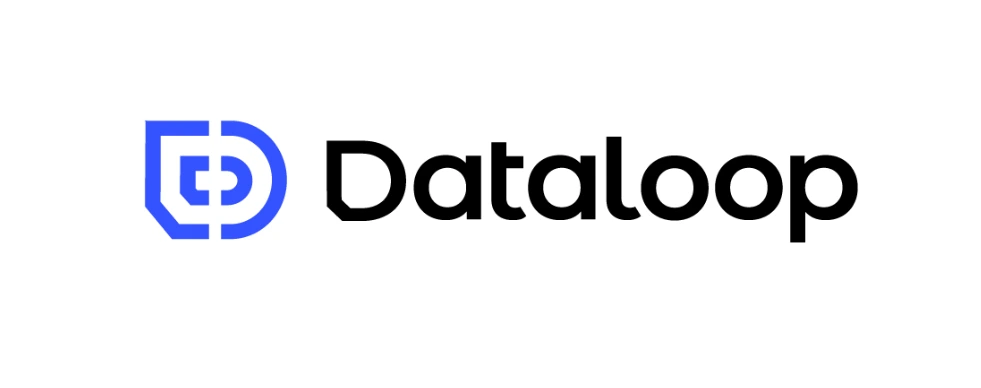
(i) AI-Assisted Labeling
DataLoop: Specializes in AI-assisted labeling and quality management, employing advanced algorithms to enhance annotation precision.
LabelBox: Provides AI-assisted features but with a broader focus, catering to various annotation tasks.
(ii) Flexibility
DataLoop: Dataloop offers a flexible annotation platform, adapting to specific workflows and evolving project requirements.
LabelBox: Known for flexibility, particularly in supporting different annotation types and use cases.
(iii) Collaboration Tools
LabelBox: Strong collaboration features with an emphasis on project management, ensuring efficient teamwork.
DataLoop: Collaborative features are robust but may not have the same depth in project management tools.
4. Scale AI
Scale AI specializes in providing data labeling services for machine learning and artificial intelligence applications.
Data labeling involves annotating and categorizing data to create labeled datasets, which are essential for training and validating machine learning models.
Scale AI focuses on helping companies effectively manage and annotate their data to improve the accuracy and performance of their AI models.
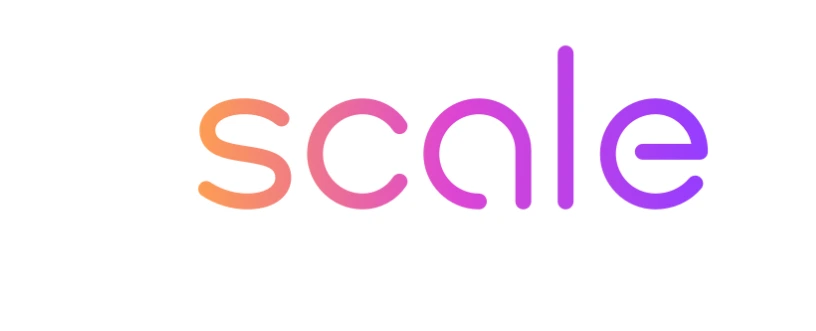
(i) Speed and Accuracy
Scale AI: Scale AI emphasizes speed and accuracy by combining AI algorithms with a vast workforce, enabling quick turnaround times.
LabelBox: Prioritizes accuracy, and its user-friendly interface may contribute to a smoother workflow.
(ii) Quality of Data Labeling
LabelBox: Provides high-quality data labeling services with a focus on human-in-the-loop workflows.
Scale AI: Balances human and AI contributions, making it suitable for projects requiring different levels of oversight.
(iii) User Experience
LabelBox: Boasts an intuitive interface with extensive customization options, ensuring a positive user experience.
Scale AI: User experience may vary based on project complexity and user preferences.
5. V7 Darwin
V7 Darwin is a platform developed by V7 Labs that offers automated image annotation and neural network training capabilities with active learning.
It is designed to create pixel-perfect annotations at a speed 10 times faster than traditional tools.
V7 Darwin supports team collaboration, visualization, and enhances the efficiency and detail of the labeling process.
The platform provides API and CLI tools, offering flexibility in working with data and model training pipelines.
It is described as accurate, user-friendly, and functional, with a variety of tools making annotation quick and easy.
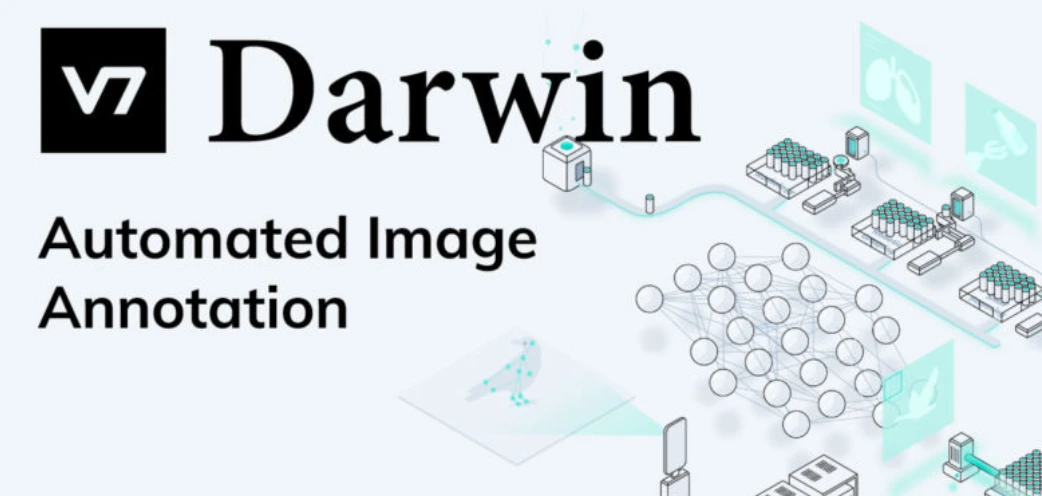
(i) Specialization
V7 Darwin: Specializes in image annotation, particularly in medical and scientific fields, offering domain-specific expertise.
LabelBox: Provides a more generalized platform suitable for various data types, catering to a broader user base.
(ii) Advanced Features
V7 Darwin: May offer advanced features tailored to specific image annotation tasks, ensuring precision and domain relevance.
LabelBox: Known for a comprehensive set of features across different data types.
(iii) Ease of Use
LabelBox: Generally recognized for its user-friendly interface, facilitating ease of use for both technical and non-technical users.
V7 Darwin: Ease of use may depend on the user's familiarity with image annotation tasks.
6. Prodigy
Prodigy is a data annotation tool developed by Explosion AI.
Prodigy is designed to facilitate the process of creating labeled datasets for machine learning.
It provides a streamlined and interactive interface for annotators to label and annotate data, making it suitable for tasks like image classification, text annotation, and more.
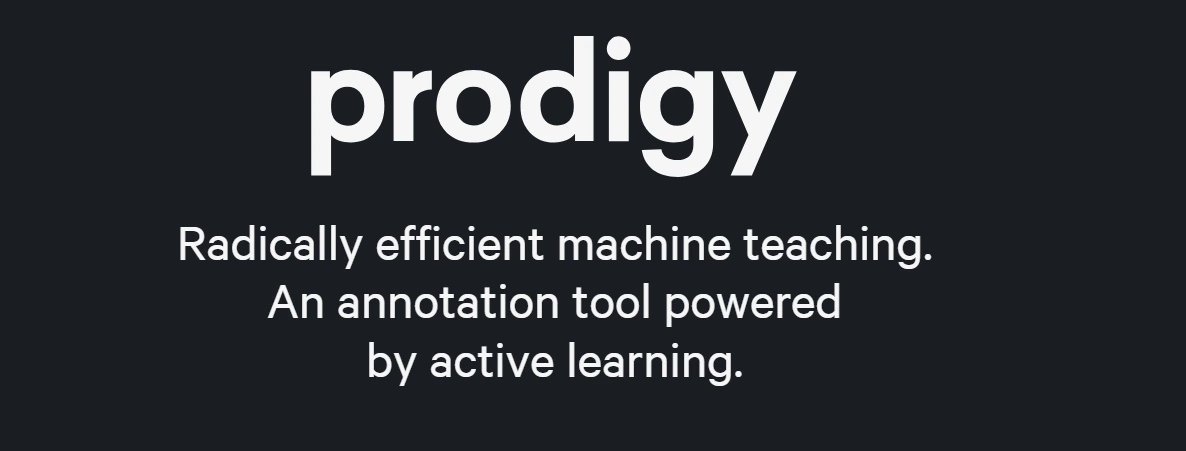
(i) Active Learning Capabilities
Prodi.gy: Renowned for active learning, allowing users to iteratively improve model performance over time.
LabelBox: Adopts a more static approach to data labeling, providing a robust and reliable annotation process.
(ii) Quality of Data Labeling
Prodi.gy: Focuses on refining the model's understanding over time, potentially leading to superior results in specific contexts.
LabelBox: Offers a reliable and comprehensive annotation process suitable for a variety of data types.
(iii) User Experience
LabelBox: Known for its intuitive interface and extensive customization options, providing a broad and versatile user experience.
Prodi.gy: Praised for its simplicity and focus on text annotations, ideal for projects that require a straightforward, focused tool.
Conclusion
In the world of AI and machine learning, making sure data is labeled accurately is super important.
LabelBox is a popular tool for this, but there are other options too. Each tool has its own strengths.
Labellerr is great for handling lots of data quickly and easily, especially if you use cloud services like AWS, GCP, or Azure. It's also really good at automating the labeling process.
Scale AI is all about being fast and accurate, using both AI and lots of people to get the job done.
V7 Darwin is focused on images, especially in medical and scientific areas, making it a specialist in that field.
Prodi.gy stands out for its active learning feature, which helps the AI get better over time.
So, depending on what you need, there are different tools to choose from, each with its own special features.
Frequently Asked Questions
1. Is Labelbox available for cloud?
Yes, LabelBox is available for the cloud. It operates as a cloud-based platform, allowing users to access and use its data labeling and annotation services online.
This cloud-based approach enables convenient and scalable data labeling, making it accessible to users from various locations and organizations.
2. What can you do with Labelbox?
LabelBox is a versatile platform that allows users to efficiently label and annotate data for machine learning projects.
With LabelBox, you can perform tasks like image segmentation, object detection, and keypoint annotation, making it suitable for various machine learning applications.
Its user-friendly interface and extensive annotation support make it accessible to both technical and non-technical users.
Additionally, LabelBox is designed to handle large datasets, providing scalability for projects of varying sizes and complexities.
The platform also offers integration options with other tools and workflows, enhancing its compatibility with existing systems, making it a comprehensive solution for creating high-quality labeled datasets.
3. How does Labelbox work?
LabelBox works by providing a user-friendly platform for annotating and labeling data to train machine learning models.
Users can upload datasets and use LabelBox's tools to annotate images, videos, text, or other types of data for tasks such as object detection, segmentation, and classification.
The platform supports collaboration among team members and offers features like automation to expedite the labeling process.
Once the data is annotated, it can be exported in various formats compatible with popular machine learning frameworks.
LabelBox streamlines the data labeling workflow, making it accessible and efficient for users involved in training AI models.

Simplify Your Data Annotation Workflow With Proven Strategies
.png)


